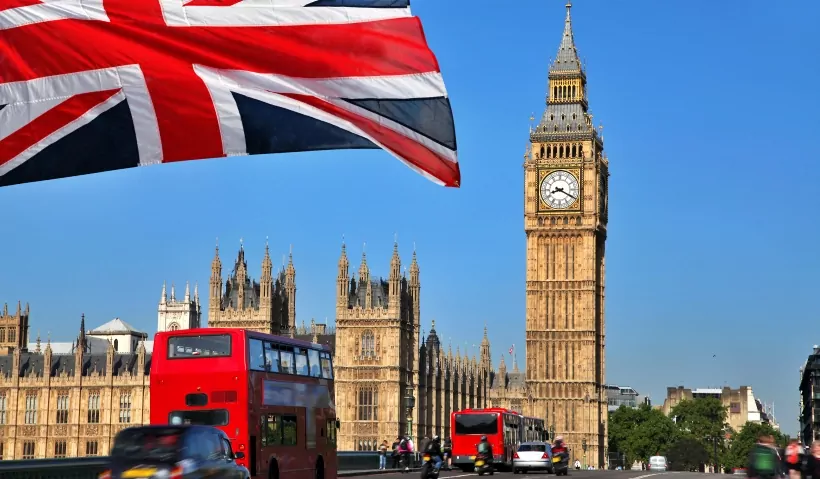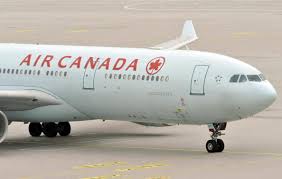Embarking on a journey to the United States is an exciting prospect, whether it’s for vacation, business, education, or work. However, navigating the US visa process can seem daunting, especially if you’re from New Zealand or Poland. This guide will walk you through everything you need to know about obtaining a US visa, tailored specifically for citizens of these two countries. US VISA FOR New Zealand CITIZENS
Understanding US VisasUS VISA FOR Poland CITIZENS
When planning to travel to the US, it’s crucial to understand the different types of visas available. Each visa category serves a distinct purpose and has its own set of requirements.
Why You Need a US Visa
A US visa is essential for entering the United States legally. Without it, you won’t be able to cross the border, whether you’re visiting for pleasure, conducting business, studying, or working. The visa ensures that you meet all necessary criteria to enter the US and helps maintain the security and integrity of US immigration.
Types of US Visas
There are several visa categories to choose from, depending on your purpose of travel.
Tourist Visas
The B-2 tourist visa is designed for individuals who wish to visit the US for leisure or tourism. It allows you to stay in the US for up to six months. To apply for this visa, you need to demonstrate that you have sufficient funds to support yourself during your stay and that you intend to return to your home country.
Business Visas
The B-1 business visa is intended for those traveling to the US for business purposes, such as attending meetings, conferences, or negotiations. This visa also allows for a stay of up to six months, and you must show that your visit is related to your business activities and that you will return home afterward. US VISA FOR Poland CITIZENS
Student Visas
If you’re planning to study in the US, you’ll need an F-1 or M-1 student visa. The F-1 visa is for academic studies, while the M-1 visa is for vocational training. Both require proof of enrollment in a SEVP-approved institution and evidence of sufficient financial resources.
Work Visas
For those seeking employment in the US, work visas like the H-1B are available. This visa is for specialty occupations that require specific skills and qualifications. Your employer in the US must sponsor you, and the application process includes proving that your skills are needed for the job.
Applying for a US Visa
Navigating the visa application process involves several steps.
Gather Required Documents
Before applying, ensure you have all necessary documents, including a valid passport, visa application form (DS-160), passport-sized photographs, and proof of financial support.
Completing the Application Form
The DS-160 form is the online application form required for most nonimmigrant visas. Fill it out carefully, providing accurate information. Any mistakes can lead to delays or denial of your visa.
Scheduling an Interview
Once your application is complete, schedule an interview at the US embassy or consulate in your country. Be sure to prepare for this interview by understanding common questions and gathering supporting documents.
Attending the Visa Interview
During the interview, you’ll be asked questions about your trip and your background. Be honest and provide clear, concise answers. Your goal is to convince the interviewer that you meet the visa requirements and that you plan to return to your home country.
Specifics for New Zealand Citizens
New Zealand citizens have specific processes and advantages when applying for a US visa.
Visa Waiver Program
New Zealand is part of the Visa Waiver Program (VWP), allowing its citizens to travel to the US for up to 90 days without a visa for tourism or business purposes. To use the VWP, you must apply for an Electronic System for Travel Authorization (ESTA) before your trip.
Common Challenges
Common challenges for New Zealand citizens include proving strong ties to their home country and demonstrating sufficient financial resources. Address these issues by providing comprehensive documentation and clear explanations.
Specifics for Poland Citizens
Polish citizens follow a different process when applying for a US visa.
Visa Requirements
Poland is not part of the Visa Waiver Program, so Polish citizens must apply for a visa even for short trips. The application process involves similar steps as for other countries but may have additional requirements specific to Polish applicants.
Embassy Procedures
Polish applicants should visit the US embassy or consulate in Poland for their visa interviews. Follow the specific procedures outlined by the embassy to ensure a smooth process.
Tips for a Successful Application
To improve your chances of a successful visa application, consider these tips:
- Be thorough and accurate in your application.
- Prepare well for your visa interview.
- Provide clear evidence of your purpose of travel and intent to return.
- Seek guidance from a visa expert if needed.
Conclusion
Navigating the US visa process might seem complex, but with the right preparation and understanding, it becomes manageable. Whether you’re from New Zealand or Poland, knowing the specifics of the application process and the types of visas available will help you achieve your travel goals.
FAQs
Can I travel to the US without a visa if I am from New Zealand?
Yes, New Zealand citizens can travel to the US for up to 90 days without a visa under the Visa Waiver Program, but you must apply for an ESTA.
How long does it take to get a US visa for Polish citizens?
The processing time for a US visa can vary, but it generally takes a few weeks. It’s best to apply well in advance of your planned travel.
What documents are required for a US student visa?
For a student visa, you need an I-20 form from your US educational institution, proof of financial support, and a valid passport.
Can I change my visa status once in the US?
It’s possible to apply for a change of status while in the US, but the process can be complex and requires meeting specific criteria.
What should I do if my US visa application is denied?
Review the reasons for denial, address any issues, and consider reapplying. You may also seek advice from a visa consultant to improve your chances.



